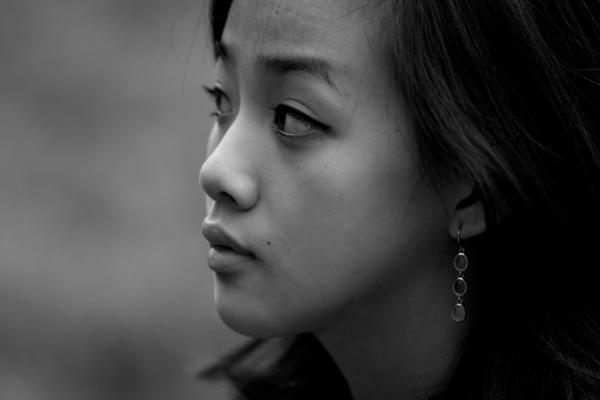On Oct. 13, Asian Americans United published an open letter asking the church to reevaluate its behavior toward its Asian brothers and sisters. The letter demands that the evangelical community listen and respect a community that has generally been overlooked or disregarded. Central to this issue is identity.
When we begin to divide or alienate communities through our behavior based on race, we are additionally dividing the identity of Christ. However, if we return to the core of what being Christian entails, we are reminded that we are not our own and find a new calling to community.
With whom do you identify? In a nation, with over 75 percent of its population nominally claiming the label Christian, asking whom we identify with is an important question. It is a challenge but a daily necessity to reflect on our character and ask if we are truly representing Christ.
Read the Full Article

